
Memorial Year makes visible the continuing effects of historical slavery
Research into our history of colonialism and slavery, heart-to-heart conversations at a Keti Koti table, exhibitions, lectures and podcasts that establish the link between present and past. Staff and students participated in the national Slavery Memorial Year in many different ways. What have we learned from these?
Leiden University scholars have been researching the history of slavery and its impact for a long time, but there are still many gaps, and more awareness is needed. In his Cleveringa lecture, historian Gert Oostindie said that the university needs to reflect more on its own colonial past and to do this more thoroughly. The national Memorial Year meant that the subject received additional attention, starting in 2023. We focus here on a few of the initiatives and activities. A more complete overview can be found in the Colonialism and slavery - Leiden University dossier.
The national Slavery Memorial Year started on 1 July 2023. On that date, it was exactly 160 years since slavery was officially abolished in Suriname and the Caribbean part of the Kingdom of the Netherlands. In Suriname, however, forced contract labour would only end 150 years ago.
Preliminary research into the past of the university and city
In 2023 the Executive Board commissioned a preliminary study of the historical links to colonialism and slavery of Leiden University and the city of Leiden. To what extent did administrators, scholars and students play a part in this? Researchers are making an inventory of Leiden archives and collections and will present their findings at the end of 2024. Read more about their work in From textiles to teaching and ‘The university has many roots in the colonial past'.
-
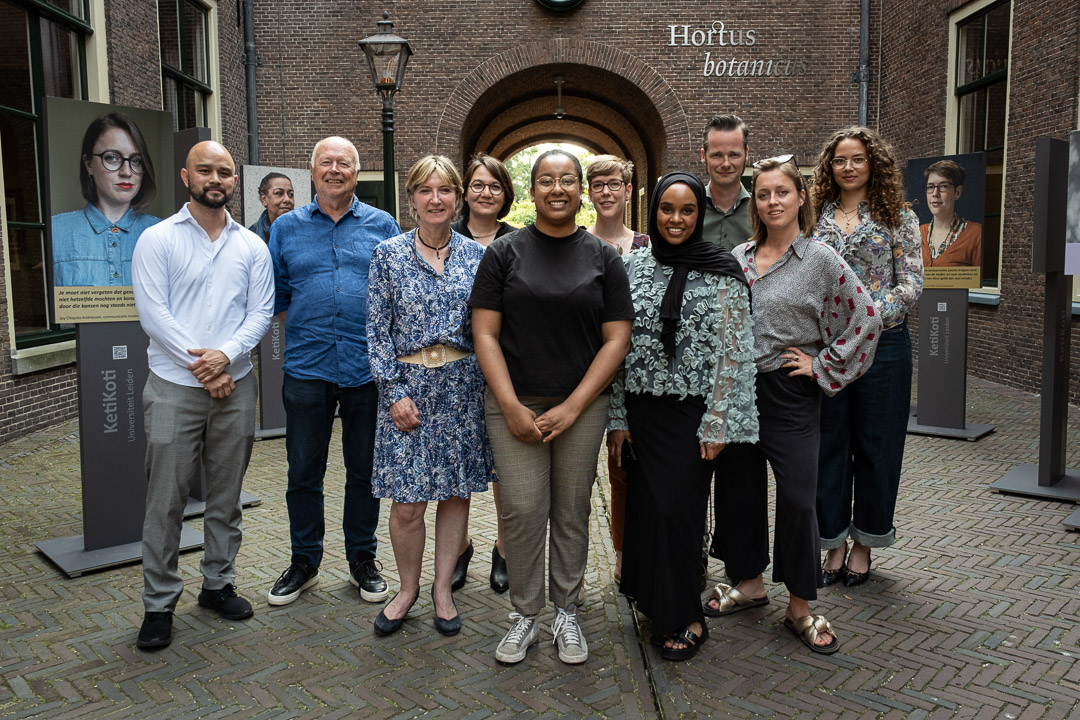
Opening photo-exhibition Keti Koti -
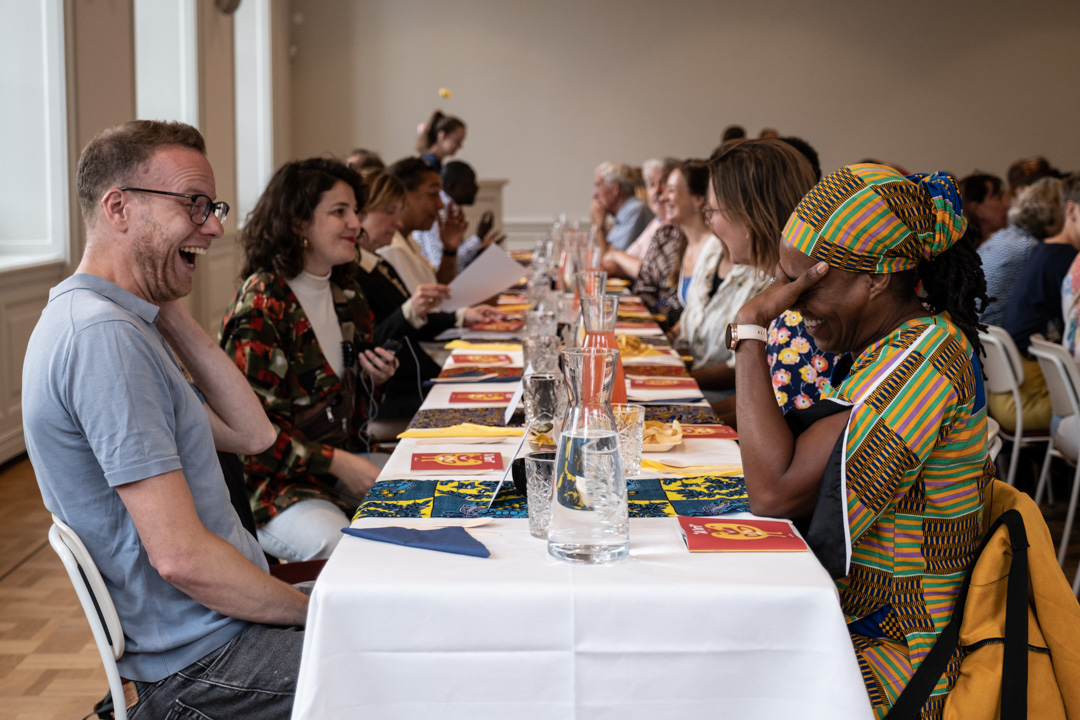
Keti Koti table -
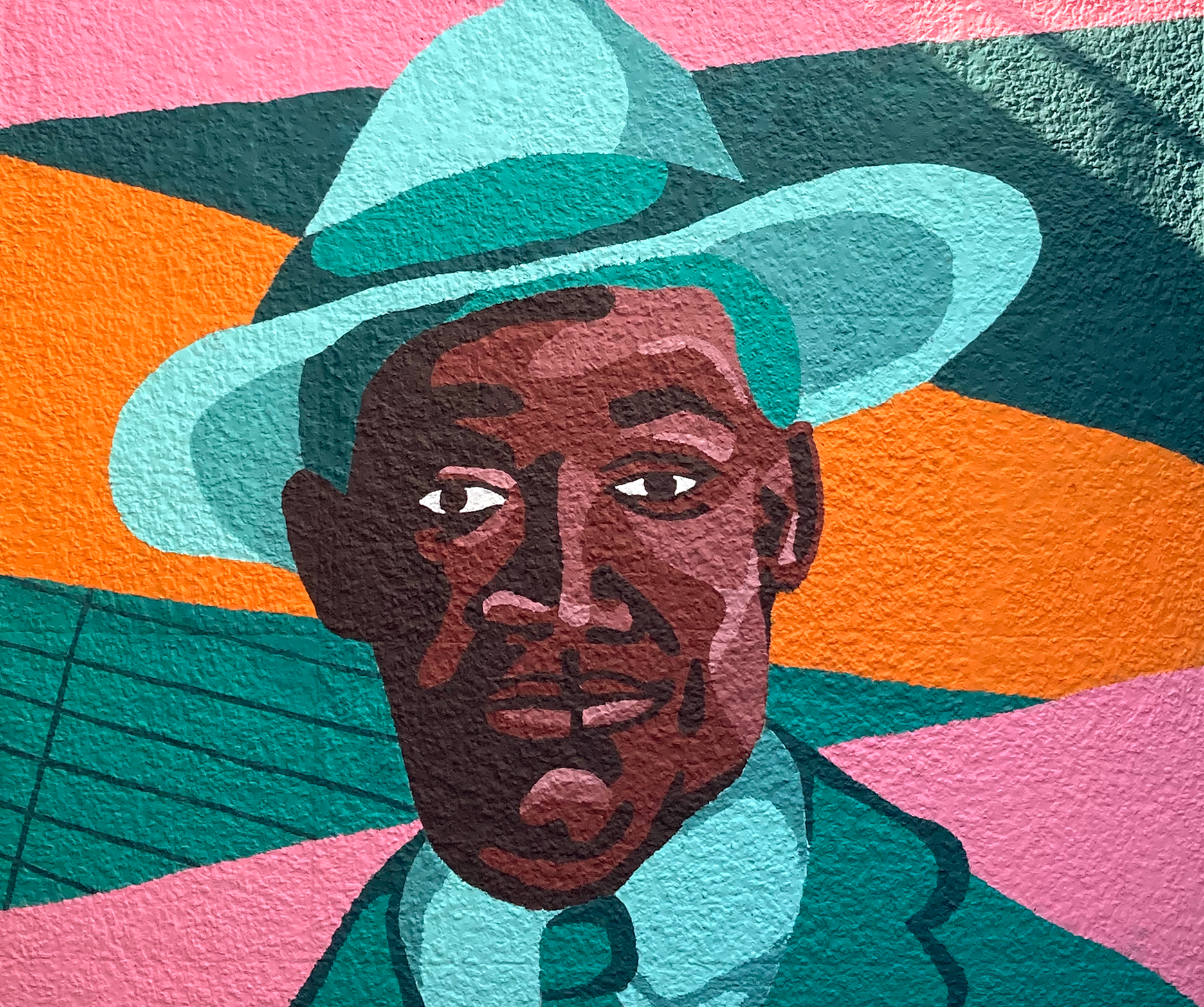
Renewed attention for Anton de Kom -
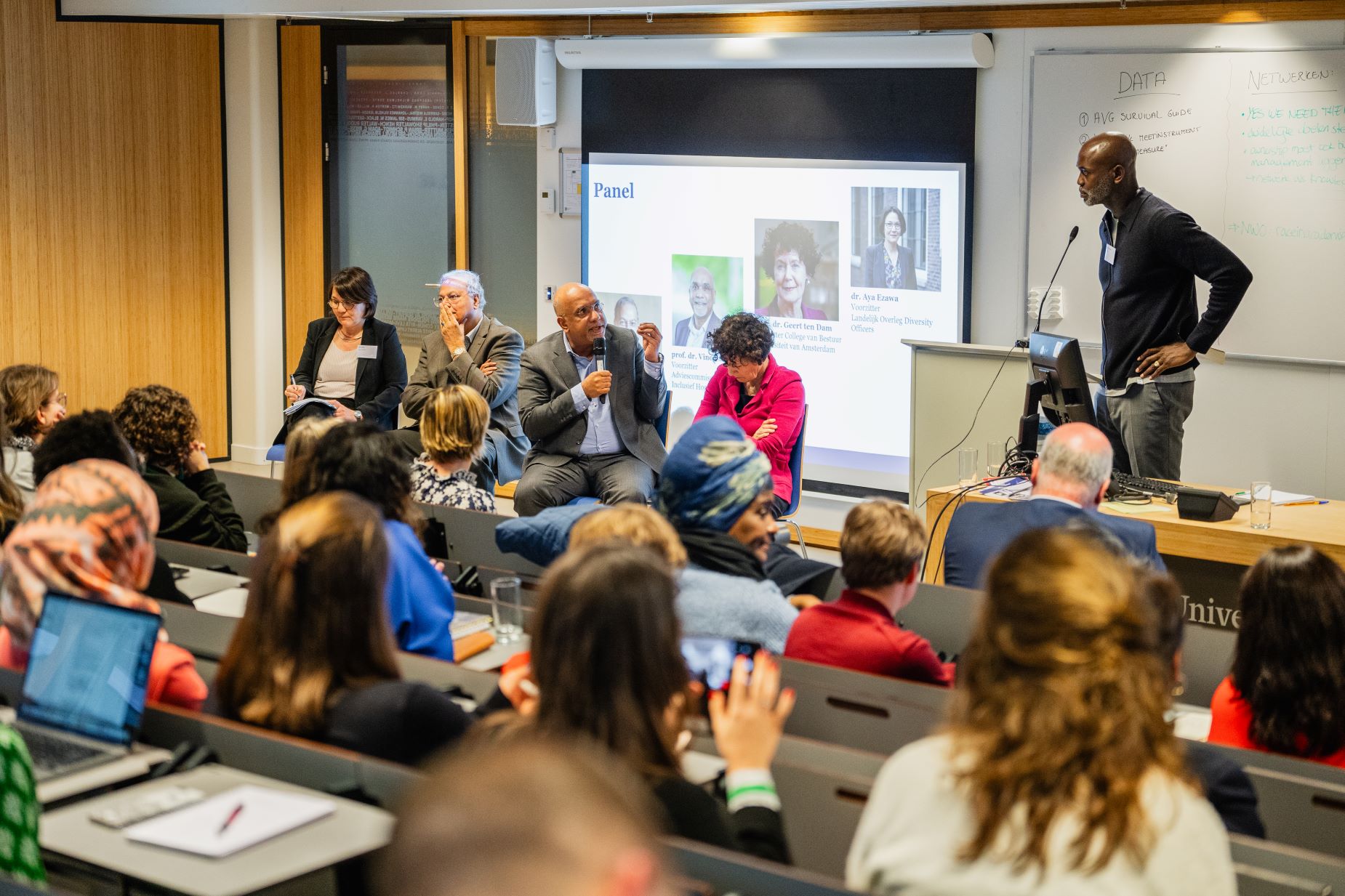
Expertmeeting how to ban racism in education. -
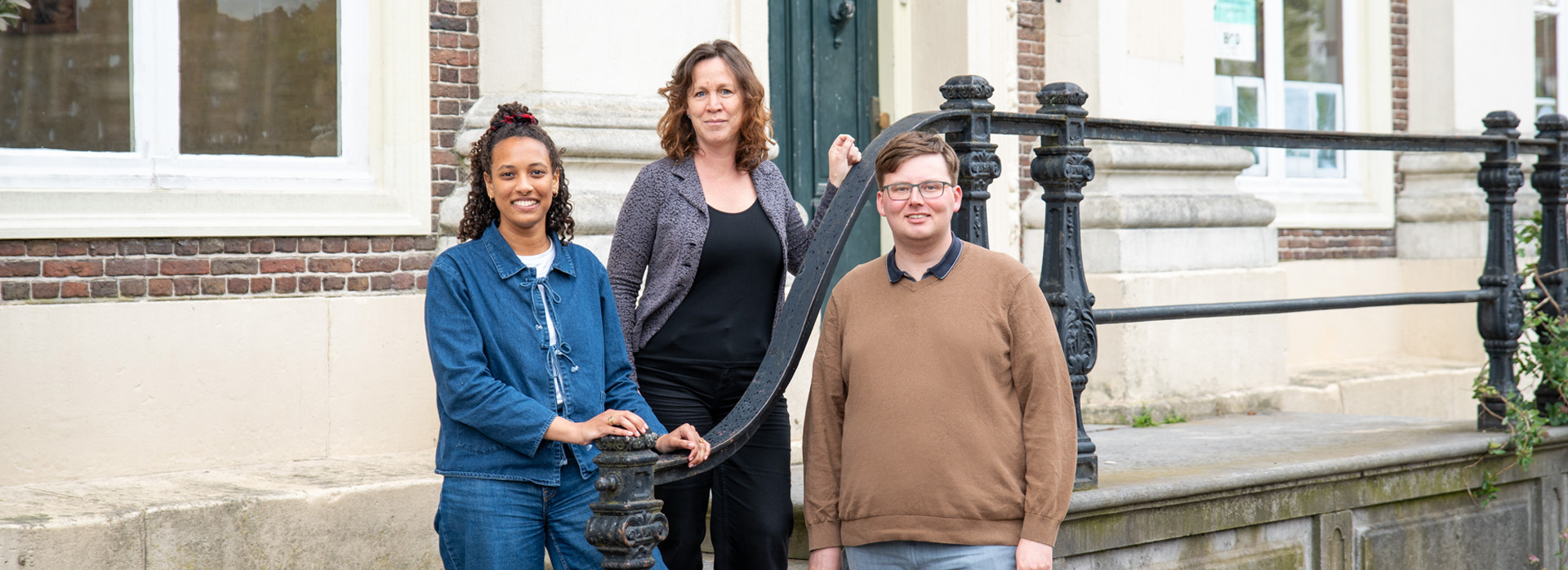
Historians research the colonial past.
Keti Koti table
A consequence of the slavery system is that the descendants of enslaved people were systematically disadvantaged, and the impact still continues today in the form of prejudices and discrimination against people of colour. During a Keti Koti table in Museum De Lakenhal, participants spoke with one another about their experiences of exclusion. ‘Through dialogues of this kind, the discussion partners acknowledge each other’s experiences and perspectives, and more space is created for true connections, say the initiators.
Education
How can we eliminate forms of racism from university education? In a national expert meeting at Campus The Hague, administrators, diversity officers, staff and students discussed the role of data, representation, curricula and didactics, and what diversity officers and administrators can do in the fight against racism.
Reading list
Lectures, book salons, podcasts and a reading list: Leiden University Library organised many activities enabling students and staff to study this subject in depth. For example, the reading list provides an overview of important titles that critically examine the colonial legacy and how it has shaped our society.
Anton de Kom
Museum De Lakenhal organised a special exhibition, together with Leiden University Library, on the Surinamese freedom fighter Anton de Kom. In 1967 members of the Surinamese Student Union rediscovered his book We Slaves of Suriname in the Leiden University Library collection. They ensured that this book was given a second life and thus played an important role in the resistance against colonial domination.
Exhibition Academy Building
The university emphatically aims to continue offering space for critical reflection and dialogue after the Memorial Year has ended. A recently opened Keti Koti portrait exhibition can therefore be seen in the inner courtyard of the Academy Building. What is the significance of the history of slavery for our present-day society? Eleven insightful portraits of students and staff, and their answer to this question, are on display in this symbolic, central location.
Critical reflection remains necessary
At the opening, Annetje Ottow, President of the Executive Board, gave the assurance that the exhibition is not the final part of the commemoration: the university has an important role in researching this past and making it visible. We need to critically reflect on our own history. The exhibition contributes to continuity, so that our attention will remain on this important subject after the Memorial Year comes to an end. We should continue to engage in the conversation with one another and build on a shared future.’
